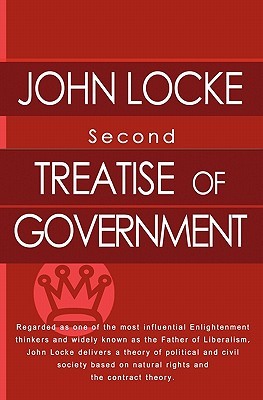
- We will send in 10–14 business days.
- Author: John Locke
- Publisher: CreateSpace Independent Publishing Platform
- Year: 2010
- Pages: 60
- ISBN-10: 1453611800
- ISBN-13: 9781453611807
- Format: 13.3 x 20.3 x 0.3 cm, softcover
- Language: English
- SAVE -10% with code: EXTRA
Reviews
Description
In Second Treatise of Government, John Locke answered two objectives: to refute the concept of the monarchy's divine right and to establish a theory reconciling civil liberties with political order. His Letter Concerning Toleration rests on the same basic principles as his political theory; Locke's main argument for toleration is a corollary of his theory of the nature of civil society. The basis of social and political philosophy for generations, these works laid the foundation of the modern democratic state in England and abroad. Their enduring importance makes them essential reading for students of philosophy, history, and political science.
- Author: John Locke
- Publisher: CreateSpace Independent Publishing Platform
- Year: 2010
- Pages: 60
- ISBN-10: 1453611800
- ISBN-13: 9781453611807
- Format: 13.3 x 20.3 x 0.3 cm, softcover
- Language: English English
In Second Treatise of Government, John Locke answered two objectives: to refute the concept of the monarchy's divine right and to establish a theory reconciling civil liberties with political order. His Letter Concerning Toleration rests on the same basic principles as his political theory; Locke's main argument for toleration is a corollary of his theory of the nature of civil society. The basis of social and political philosophy for generations, these works laid the foundation of the modern democratic state in England and abroad. Their enduring importance makes them essential reading for students of philosophy, history, and political science.


Reviews